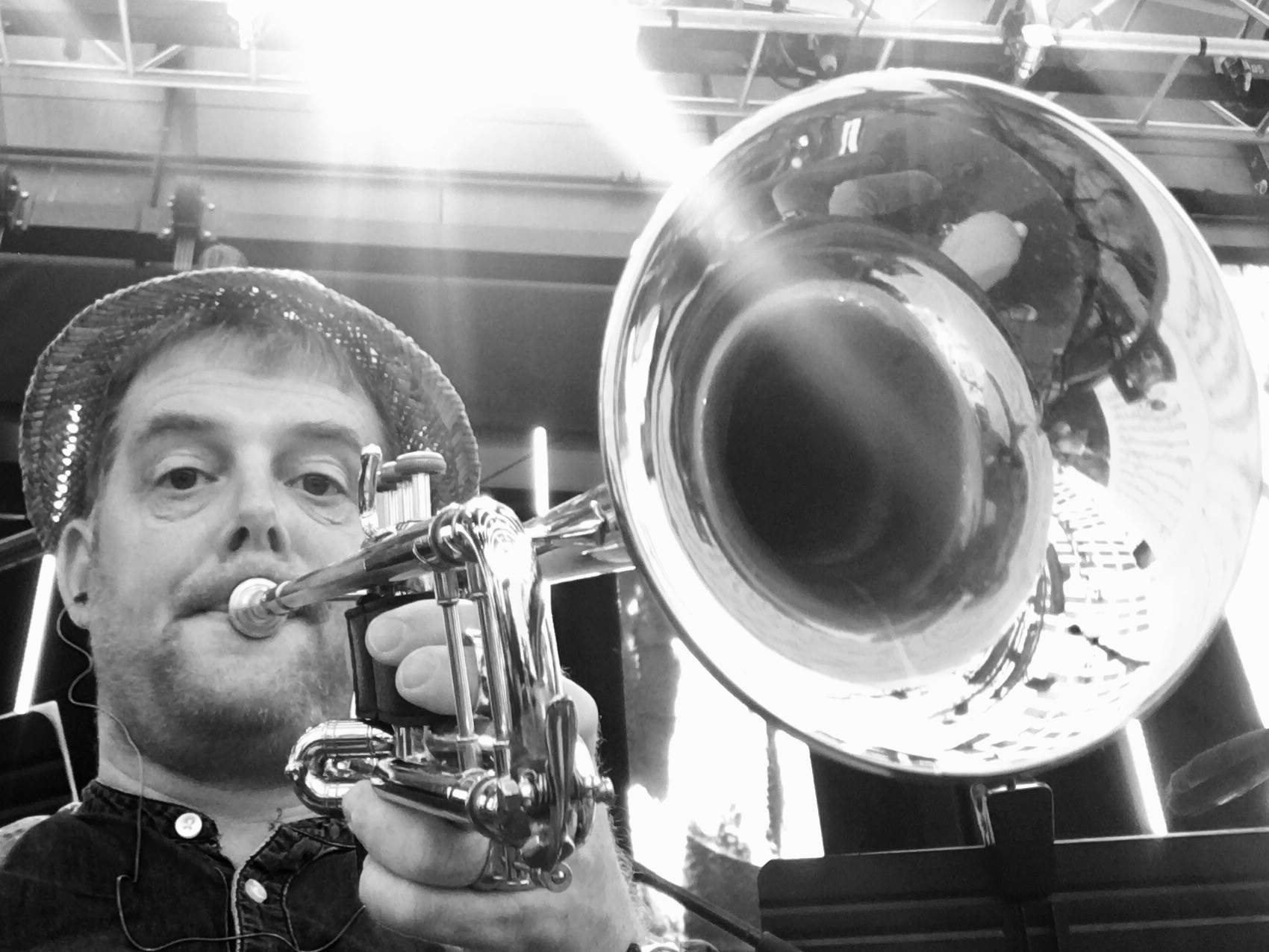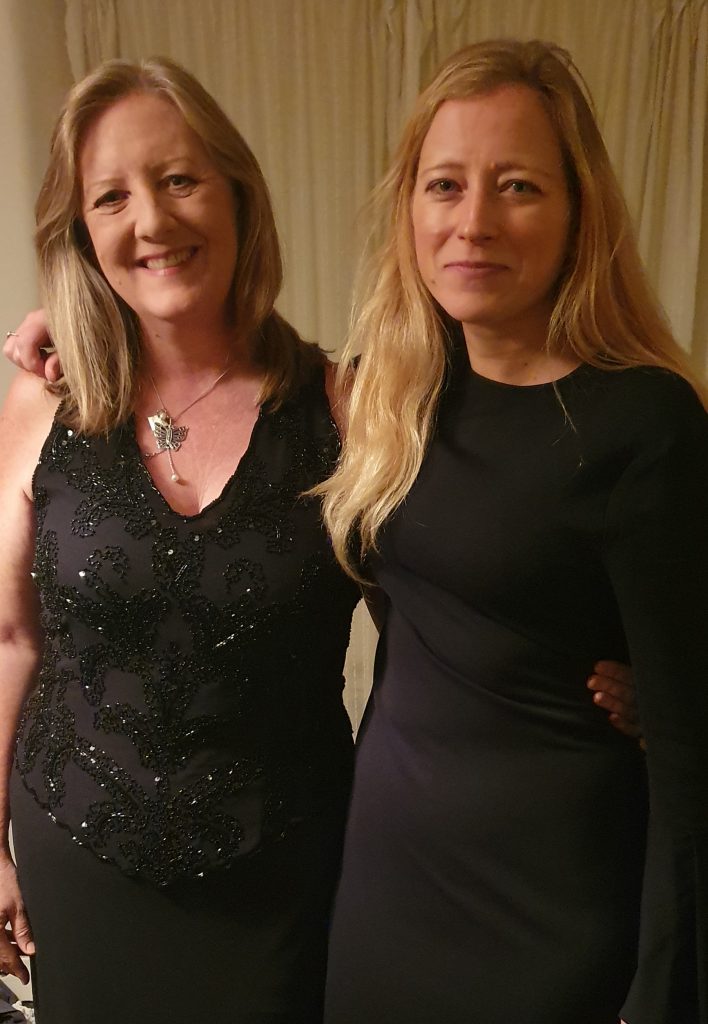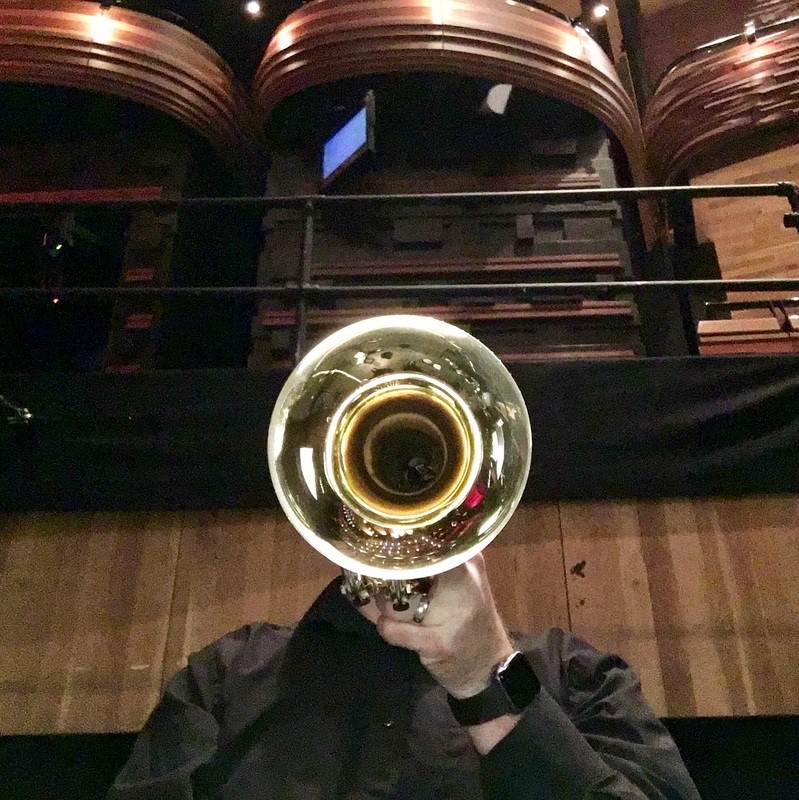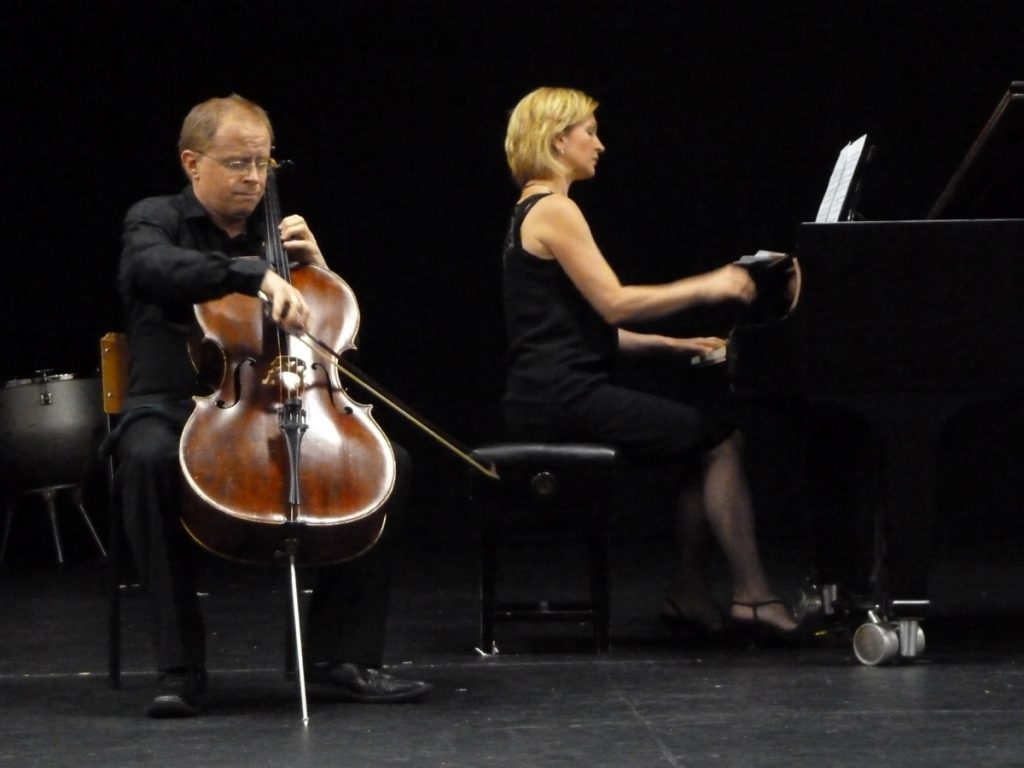An interview with Dean Wright

At a recent concert, we had the pleasure of performing Arutunian’s Concerto for Trumpet with Dean Wright, principal trumpet of the Orchestra of Welsh National Opera. Here is a chance to find out a bit more about him.
How old were you when you started playing the trumpet?
I began to play the cornet aged 7 (after a short and unsuccessful career on the recorder) with my local brass band in Banks, Lancashire. I moved on to playing trumpet when I joined the Lancashire Schools Symphony Orchestra aged 14.
Can you give us a potted history of how you got to where you are today?
After leaving school I went to study at the Royal Northern College Of Music in Manchester, studying with Howard Snell (ex LSO, Philip Jones Brass) and Murray Greig (Opera North).
Whilst at the RNCM I played with they Leyland Daf, Besses o’th Barn and Sellers Engineering brass bands, and the world-famous James Shepherd Versatile Brass. Orchestrally I auditioned for, and won, the Principal Trumpet chair in the European Community Youth Orchestra, touring to Russia, South America and throughout mainland Europe with some amazing conductors.
In 1998 I became principal trumpet of the Orchestra of Welsh National Opera, and I’ve been enjoying living and working in Cardiff ever since.
Who would you say has been your greatest inspiration?
I grew up listening to the great British school of cornet players, ranging from Derek Gartside (CWS Manchester), James Shepherd and Philip McCann (Black Dyke Mills) and James Watson (Desford). However, I wanted to play Star Wars, and the man who played the opening note on the Star Wars soundtrack (there is an orchestra playing, but you only hear ‘the note’) was Maurice Murphy. He also played for the Black Dyke Mills band and brought his classy sound into the orchestra, firstly at the BBC Northern Orchestra then to the London Symphony Orchestra.
What does a typical working day look like for you?
At Welsh National Opera each working day is never the same. We work two three-hour sessions, sometimes orchestra-only rehearsals, sometimes a “Sitzprobe” – the rehearsal where everyone (orchestra, chorus and principal singers) gets together to run the whole piece before we go into the theatre. I warm up for about half an hour before the rehearsal. Playing a brass instrument is like being a sportsperson: you wouldn’t run the 100 metres without doing a few stretches!! Check the notice board, a quick coffee and off we go. Opera is a great art form to participate in. Having a 60 strong chorus sitting behind you, singing in full voice is an invigorating and emotional experience, and even though I’ve been at WNO for over 20 years, I still feel the goose bumps in rehearsal.
What do you enjoy most about being a professional trumpet-player?
Being a professional trumpeter means that I can practise my hobby everyday! However, I’ve been lucky to travel to some glamorous places around the world. After I left college, one of my first engagements was in the orchestra for the Aix-en-Provence Festival orchestra. Six weeks in the south of France? Okay then! Hong Kong, Dubai, Rio de Janeiro, St Petersburg, Montevideo – it sounds like a location sheet for the next Bond film! I’ve been very lucky.
If you had such a thing as a musical bucket list, what would be your 1) piece to perform, 2) conductor/orchestra/ensemble to perform with and 3) venue to perform at?
1) Electra by R. Strauss. A demanding and virtuosic trumpet part. 2) I would have loved to have played in the Harry James Orchestra. I’m a big fan of the music from that era. 3) Before I expire I would love to play in the Musikverein, Vienna.
You’re a great supporter of young musicians. Why is this important to you?
Education is very important to me, I feel that it is the duty of any musician to pass on their knowledge and skills to the younger generation. Whatever level of playing we achieve, there is always something to pass on. The men in Banks Brass Band (where I began playing the cornet) had never played to a really high level, but they taught me the basics of brass playing, how to breathe, how to articulate, and most importantly how to play well with others. That’s what I try to project in my teaching.
Any piece of advice you’d like to pass on to a young person contemplating a career in music?
1. Practise!! There are lots of fantastic young players in this day and age, and you will need to make yourself stand out. 2. Be nice to people and don’t annoy the people you could be working with after you finish your studies!!




